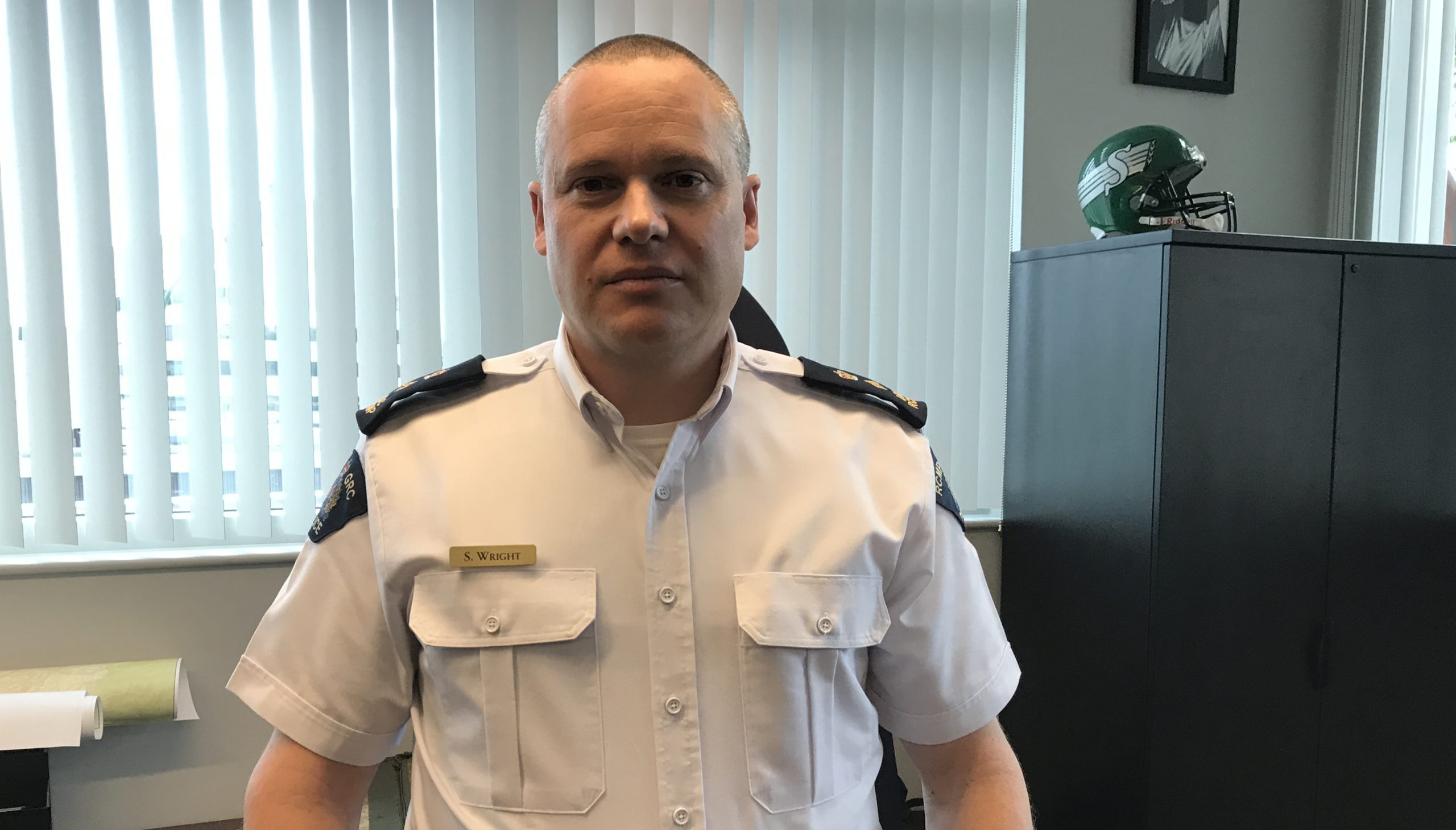The future of policing in British Columbia has been a hot topic of conversation lately with no shortage of opinions or solutions.
Last week, an all-party committee of the legislature recommended the province establish its own police force, to replace the RCMP.
It heard from over 18-hundred individuals and groups and stated a lack of trust in police continues to be a major problem in BC.
Currently, 13 municipalities in our province have local police forces.
The government’s current contract with the Mounties expires in ten years’ time.
In an interview with MyPGNow.com, PG RCMP Superintendent Shaun Wright wasn’t the least bit surprised by the findings.
In fact, the idea has been explored many times over.
“A lot of provinces have looked at that, most notably Alberta. They have looked at it several times as well as some large municipalities. I know Richmond has done an in-depth assesment and Surrey is going through that process so it doesn’t surprise me that was one of the recommendations.”
Under the existing contract, the City of Prince George pays 90% of policing costs while the federal government picks up the remaining 10%.
Wright stated if PG decided to go with a municipal police force, it would cost the city an additional 3-million dollars per year.
“So, it would be a substantial cost of several million dollars per year to start a municipal force in Prince George.”
In addition, frustrations continue to mount over the perceived “catch and release” system when it comes to our criminal justice system – particularly when it comes to prolific offenders.
In April, Prince George-Mackenzie MLA Mike Morris demanded more action on this front.
Furthermore, a letter was sent by the BC Mayors Caucus to Attorney General David Eby and Public Safety Minister Mike Farnwroth.
Criminal offence data was collected where it found PG has 15 prolific offenders.
A prolific offender is identified as someone with over 30 negative contacts within the last year.
For example, the letter states the top 15 prolific offenders in PG generated 736 PRIME files across BC, 282 of which were negative contacts.
One of the key examples was an offender from the northern capital who accumulated 916 PRIME files since 2016 – this includes 262 in the last 12 months.
A PRIME file is better known as Police Records Information Management Environment (PRIME–BC), which consists of your personal information, including your name, fingerprints and what you’re charged with, which will be collected by the police and entered into its computer system.
Luckily, the province listened to those concerns and a coordinated investigation will be launched along with several mayors.
The announcement was made today (Thursday).
For Wright, he would like to see the detachment and the BC Prosecution be more in sync with each other in order to regain public trust.
“I do think that is an issue that needs to be considered in conjunction with these recommendations and the report of this committee. Clearly, the police don’t act in isolation within the justice system and really all of the components need to be looked at. Definitely some aspects of crown counsel procedure and policy would be a portion of that.”
“There would be a significant benefit from us working closer together. There are several initiatives with crown counsel here locally in Prince George that I want to continue exploring. I heard Attorney General Eby speaking on the issue of prolific offenders, how crown counsel approaches them, and perhaps have individual crown counsels assigned to repeat offenders so they get a full knowledge of their criminal history as opposed to dealing with situations as a one-off.”
“Giving them custodial sentences for some of the less violent crime or holding them without bail or substantial bail for more violent crimes. They have been released into the community on somewhat of a recognition that maybe they have gone through difficult times in their lives. I understand that and they should not be punished after going through difficult times but that doesn’t help the rest of society or protect them from their bad acts,” added Wright.
Wright also touched on the social issues plaguing the downtown core, which include drug addiction, homelessness, and those suffering from mental health issues.
Last November, fourteen occupants of the encampment on Lower Patricia Boulevard were moved to supportive housing units.
The city also closed the George Street encampment where 20 occupants were relocated to the Knights Inn.
While slow progress is being made and integrated housing units are being built to get more of our most vulnerable residents off the streets, Wright believes it’s up to all levels of government to put a much bigger dent into the issue.
“To be perfectly honest, things are going to get worse before they get better. I really think the governments need to put a holistic plan together to address these issues. These are massive social issues not just in Prince George but in other municipalities but specific to our community I am optimistic about some of the recommendations coming out of the select committee on the Police Act reform.”
“Particularly about creating an appropriate continuum response to mental health and addictions and I believe it was to appoint an all-party parliamentary committee similar to the one on the review of the Police Act but to take a broad review of the Mental Health Act and modernize it. I really think that is essential in addressing those issues as the Mental Health Act is decades old and needs significant updating to designate appropriate resources to deal with some of these issues.”
Something going on in the Prince George area you think people should know about?
Send us a news tip by emailing [email protected].







